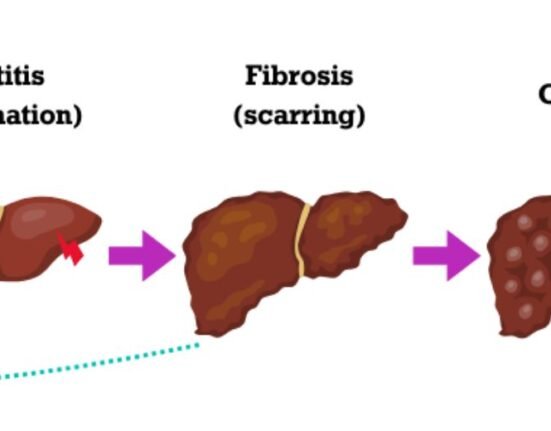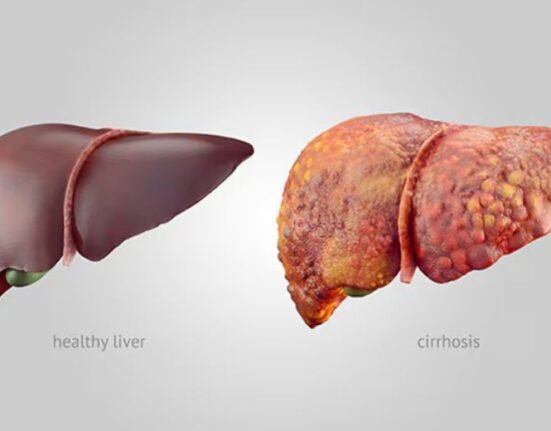HQ Team
July 18, 2024: Researchers at the Virginia Commonwealth University’s School of Medicine and the Richmond VA Medical Center say that almost 13% of people diagnosed with dementia may actually be suffering from cognitive decline related to advanced liver disease
This research confirms an earlier work by the same team on US veterans suffering from dementia where they found that 10% of the patients were suffering from cirrhosis-related cognitive impairment.
The new study examined health records of nearly 69,000 nonveteran patients diagnosed with dementia between 2009 and 2019.
The analysis revealed that almost 13% of the patients with dementia had high levels of scarring of liver tissue, meaning they were very likely to have cirrhosis.
Hepatic encephalopathy
Sometimes it is difficult to differentiate dementia from hepatic encephalopathy, which is the cognitive decline caused by cirrhosis. Hepatic encephalopathy is a nervous system disorder brought on by cirrhosis, an advanced form of liver disease. Cirrhosis or liver failure leads to the building up of toxins in the blood, which then travel to the brain and can cause cognitive impairment. Undiagnosed, the reversible disease can lead to a coma or death.
Cirrhosis and cognitive impairment
“This important link between dementia and liver health emphasizes the importance of screening patients for potentially treatable contributors to cognitive decline,” said the study’s corresponding author, Jasmohan Bajaj, M.D., a gastroenterologist with the VCU Stravitz-Sanyal Institute for Liver Disease and Metabolic Health and the Richmond VA Medical Center.
Dr. Bajaj said it should not be difficult to incorporate liver assessments into routine care for patients, as their risk for liver disease can be easily evaluated with an initial, noninvasive screening tool called the FIB-4 index.
Identifying cirrhosis early on may reverse cognitive impairment, potentially improving the lives of these patients.
The share of the population aged 60 years and over will increase from 1 billion in 2020 to 1.4 billion. By 2050, the world’s population of people aged 60 years and older will double (2.1 billion). The number of persons aged 80 years or older is expected to triple between 2020 and 2050 to reach 426 million, according to the latest reports by the WHO. At present, there are over 10 million new cases of dementia reported globally each year.
The new study is published in the American Journal of Medicine.








